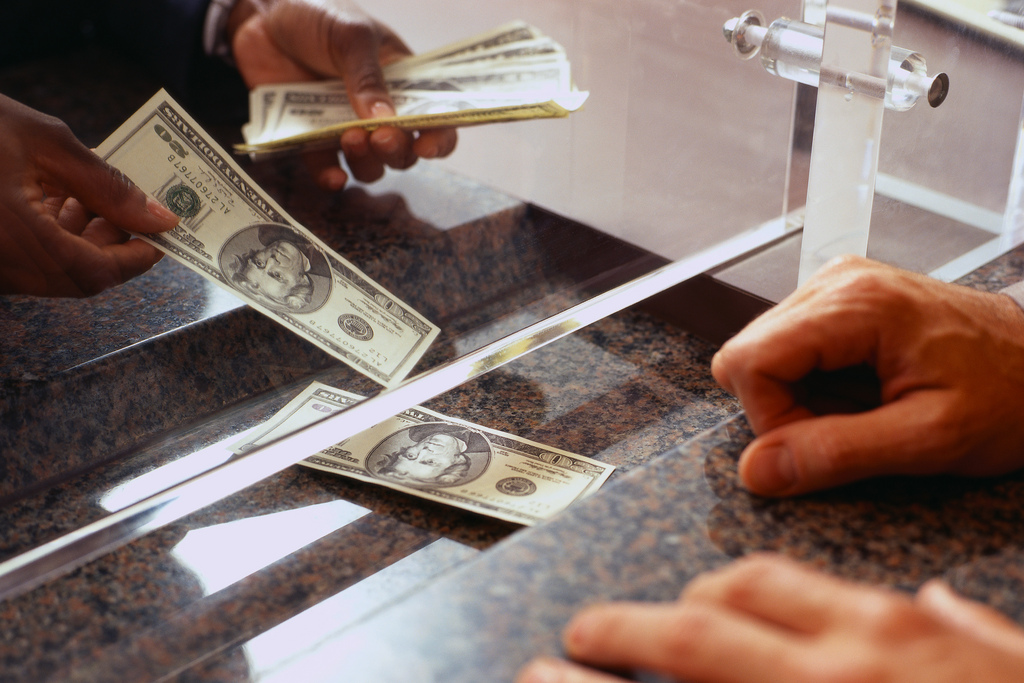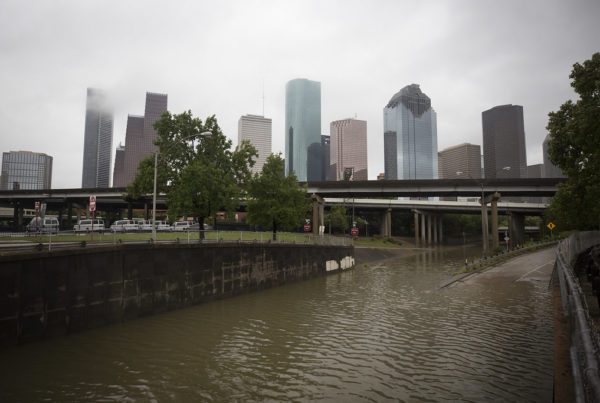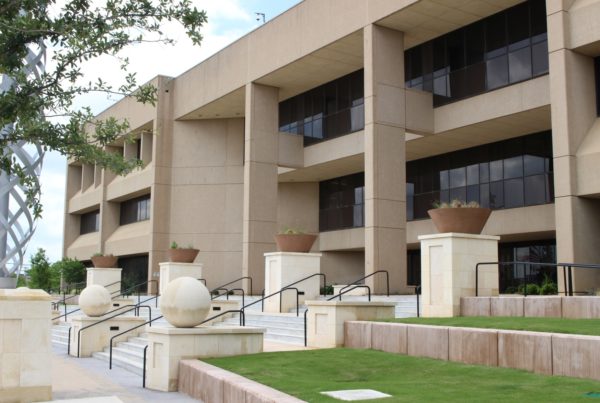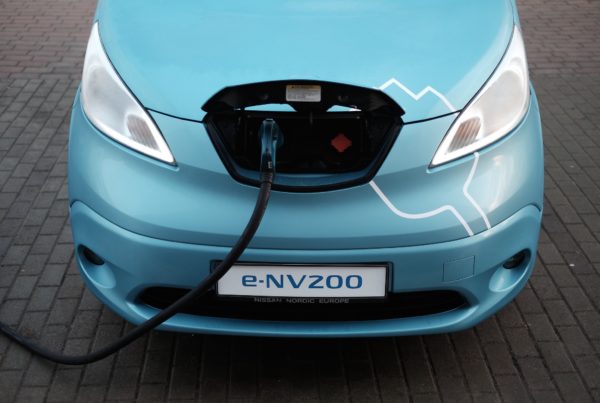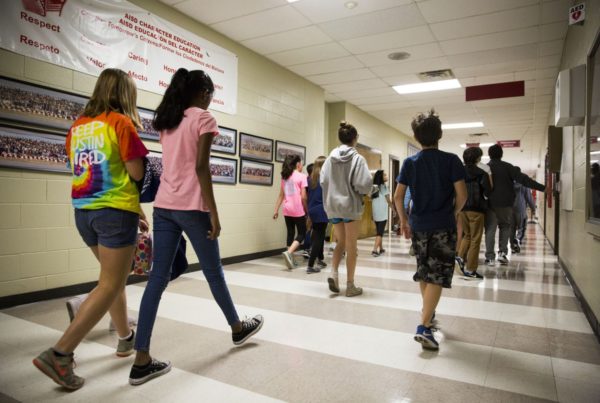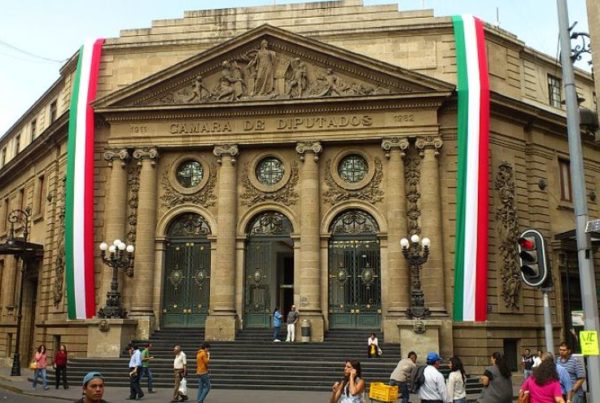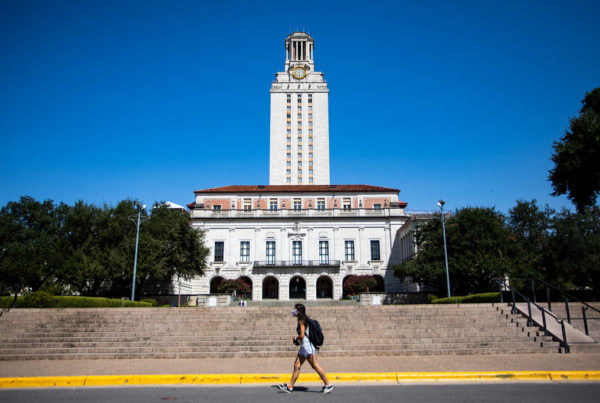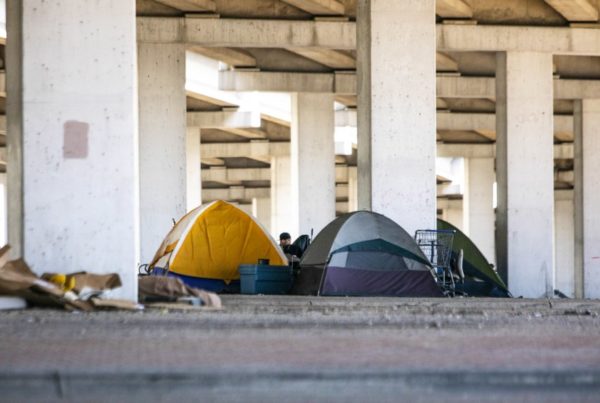Angelina Cortes has lived in Houston for the past seven years, cleaning homes for a living. But it was only one year ago that she finally got a checking account.
Cortes said she hadn’t been able to find an account that didn’t require a minimum balance and she didn’t make enough money to meet that. Life without a bank account was complicated, she said.
“I needed to go out to pay my bills at the store and sometimes I could not make it on time,” she told Houston Public Media in Spanish. “Sometimes I had to make late payments because I could not find time to go make the payments.”
Cortes was not alone: According to the latest survey by the Federal Deposit Insurance Corporation, more than 10% of households in Houston don’t have bank accounts, significantly higher than the national average of about 5%.
Among some minority communities, the numbers are even higher: More than 20% of Latino and nearly 15% of Black Houstonians are unbanked.
Leonard Chanin, deputy to the chairman of the FDIC, said trust is one of the main reasons people mention for not getting a bank account.
“People use different words but basically it comes down to: many consumers just don’t trust banks,” he said.
Another reason is that the minimum balance that has to be in an account at all times is too high for people to afford. There are also unexpected fees, like overdraft fees.
Many banks will allow customers to overdraw from an account, but may charge around $30 for each overdraft.
That means for people already short on cash, the only options are payday lenders and check-cashing businesses, which can charge substantial fees.
The Brookings Institution has estimated that a fulltime worker could lose up to $40,000 over their lifetime without a low-cost checking account.
To reach more Latino and Black communities, the FDIC has started an awareness campaign in Atlanta and Houston, called Get Banked. Chanin said the FDIC has been working with communities for years, but the pandemic brought a new urgency.
“What particularly brought this home was when the government started … providing stimulus funds for consumers,” he said.
Many of those who don’t have bank accounts received stimulus checks weeks or even months later, Chanin said. And then they would have to find a place to cash the check, which could be challenging during the pandemic. That’s on top of having to pay a fee.
The campaign is also relevant to those receiving the federal government’s new child tax credit. Starting July 15, as part of Congress’ coronavirus relief bill, families with children will receive monthly benefit payments.
As part of the two-city pilot Get Banked campaign, the FDIC is using internet and radio ads in English and Spanish to promote the benefits of having a bank account.
The agency is also directing people to so-called Bank On accounts — accounts that meet certain affordability standards, developed by the nonprofit Cities for Financial Empowerment Fund, and are offered by a number of banks, including some community banks and national institutions like Bank of America, Chase or Wells Fargo.
For example, those accounts need to have low minimum balance requirements, no more than a $5 a month account fee and no overdrafts.
Outside of the FDIC campaign, community banks play a role in getting low-income and communities of color access to bank accounts.
But Alexander Lara, head of the University of Houston’s commercial banking program, said community banks could do a better job educating potential clients on banking. The key is financial education early on, she said.
“When they are trying to do it, they’re not doing it at the middle school level or high school level or even at the junior college level,” he said. “They’re doing it at the UH level.”
Angelina Cortes said life has been easier since shot got a checking account.
She doesn’t have to worry about missing payments. She can just easily pay bills online, and doesn’t have to deal with check cashing fees.
“Now it’s easier for me to make my payments,” she said in Spanish. “I don’t need to go to the stores to pay my bills. I can have all those payments come automatically from my account.”


